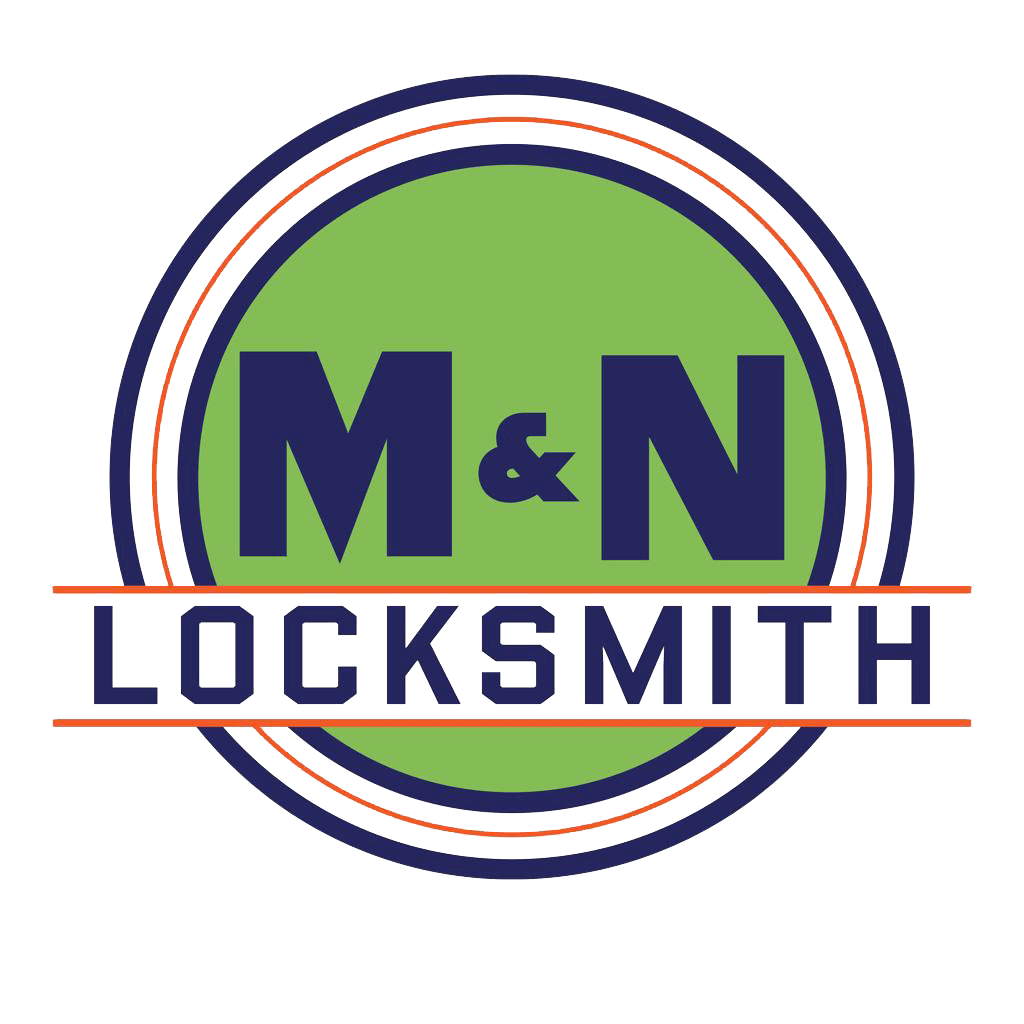Security Ratings and Standards
Security Ratings and Standards” delves into the intricate landscape of security protocols and industry benchmarks, providing invaluable insights to fortify defenses against emerging threats. This comprehensive resource navigates through a myriad of regulatory frameworks, certifications, and best practices, empowering businesses and individuals to align their security measures with the highest standards of protection. From understanding the nuances of compliance requirements to implementing robust security protocols, this guide equips stakeholders with the knowledge and tools needed to safeguard assets and mitigate risks effectively.
ANSI/BHMA Grades for Locks
Established by the American National Standards Institute (ANSI) and the Builders Hardware Manufacturers Association (BHMA), this grading system classifies the durability and security level of locks. Grades range from Grade 1 (highest) to Grade 3 (lowest), with Grade 1 locks providing the highest level of security suitable for commercial applications.
UL 437 Standards for Key Locks
Developed by Underwriters Laboratories (UL), this standard evaluates the security features of key locks, including resistance to manipulation, drilling, picking, and forced entry. Locks meeting UL 437 standards are considered highly secure and resistant to unauthorized access.
EN 1303 for Cylinder Locks
European standard specifying requirements and test methods for cylinder locks. It covers aspects such as key-related security, key durability, and resistance to manipulation and forced entry. Compliance with EN 1303 ensures that cylinder locks meet stringent security criteria.
UL 1034 for Burglary-Resistant Electronic Locks
Another standard by Underwriters Laboratories, UL 1034 evaluates the performance of electronic locks in resisting unauthorized access attempts, including manipulation, bypass, and forced entry.
ISO/IEC 27001 for Information Security Management
This international standard provides a framework for establishing, implementing, maintaining, and continuously improving an information security management system (ISMS). While not specific to locksmithing, it is relevant for organizations handling sensitive information related to security systems.
SSAIB and NSI Certifications
These are certification bodies in the UK that assess and certify security systems and services providers, including locksmiths. Achieving certification from organizations like the Security Systems and Alarms Inspection Board (SSAIB) or the National Security Inspectorate (NSI) demonstrates compliance with industry standards and best practices.
FIPS 201-2 for Access Control Systems
The Federal Information Processing Standards Publication 201-2 (FIPS 201-2) outlines security requirements for access control systems used in federal agencies and government facilities. It covers aspects such as identity verification, authentication, and access control protocols
